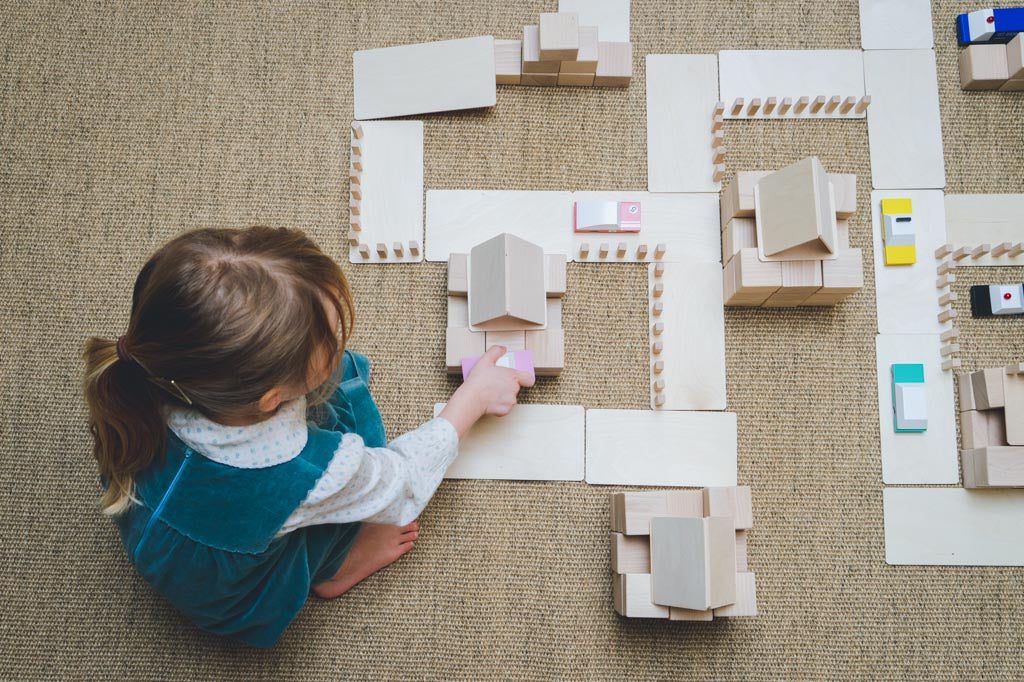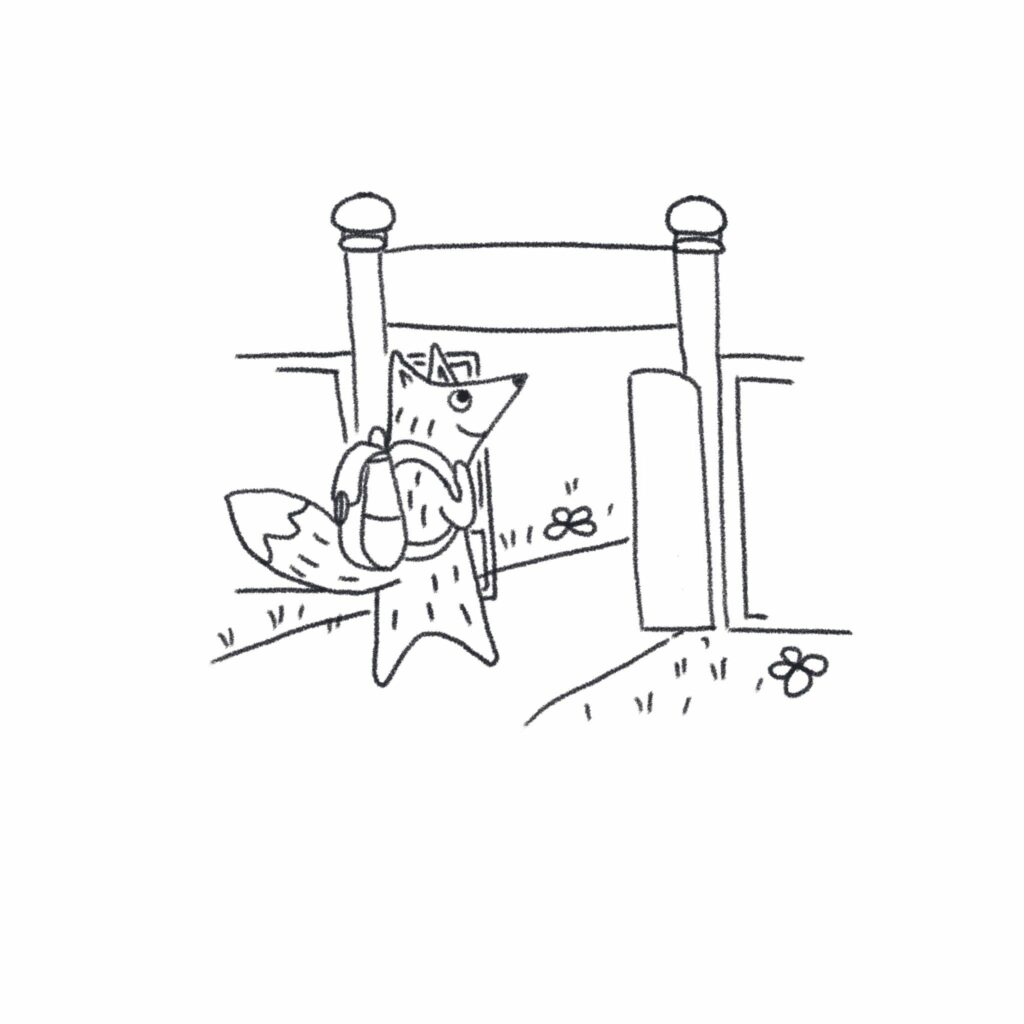Have you ever said, “I’m rubbish at maths”, or “I can’t draw to save my life”. These negative beliefs affect your ability to overcome challenges.
As Henry Ford said, “Whether you think you can, or think you can’t – you’re right.”
Psychologists call this self-efficacy.
In this guide, Dr. Helen Jones shows us how to help our children escape the trap of this kind of limiting mindset.
Table of contents:
- What is self-efficacy?
- How does self-efficacy influence your child’s behaviour?
- 4 ways to build it
- Be a self-efficacy role model
- Final word
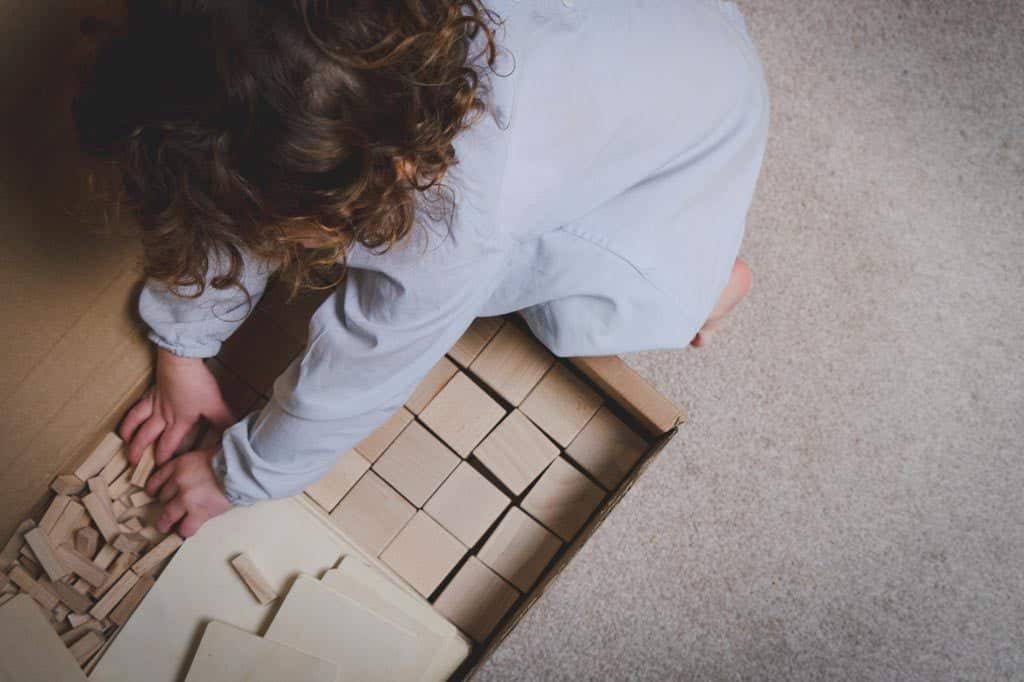
What is self-efficacy?
Self-efficacy can be defined as your beliefs in your specific abilities. Isn’t that the same as confidence you might ask?
Not quite.
From the outside they might seem similar, and it’s true they may overlap. But whilst confidence is more generalised, self-efficacy is domain specific; it’s about beliefs in certain abilities… whether that’s how creative we are, how mathematical we are, how organised we are and so on. Beghetto (2006) explains:
“self -efficacy is a self-judgement of one’s specific capabilities that (…) influence activity choice; persistence; effort; and, ultimately, the attainment of a given outcome” (p. 448).
This self-narrative becomes woven into the fabric of our lives, often from the outset, in childhood, so much so that it can create a ‘fixed’ view of our strengths and skills and underpin our motivations, behaviour and choices.
But where do these beliefs stem from? How can we ensure our children do not develop a ‘weak’ self-efficacy, which could derail their confidence and potential?
Naturally, there are many factors which affect our children’s learning, choices, engagement and overall happiness everyday. Yet a key, but often overlooked, factor in their development can be self-efficacy – enabling these self-beliefs to be positive can have an overriding effect.
In my role as an art teacher I witness the daily effects of self-efficacy in the classroom. I can usually track back a child’s self-efficacy in their artistic ability to a conversation they had at a young age with a parent, carer or teacher.
“My dad said I can’t even draw a stick man properly so why should I bother”,
“I’m good at art; All my friends and family say so, so I’ve always tried to do lots of it outside lessons”.
Whilst I can see from my students the effects of their beliefs on their motivation, the same could be said in any subject, activity or discipline, not just art.
When you consider that on average children are estimated to receive 5 negative comments per positive comment, the potency of self-efficacy to boost confidence and motivation can become an even more powerful tool.

How does self-efficacy influence your child’s behaviour?
Many scholars have written about the power of self-efficacy to dominate behaviour, motivation and persistence. They lay claim to a whole host of effects, some which are more subtle and others more clear.
Some of the main ways self-efficacy could influence your child are:
- Their choices: what toys they choose to play with, what activities they choose to engage with, and how long for. As children grow and develop more self-awareness they tend to engage less in activities that they see themselves as being ‘bad’ at.
- Time invested: children with a strong self-efficacy tend to engage with tasks for longer, as if they encounter setbacks or mistakes, they are far more likely to be equipped with the motivation, determination and confidence to attempt to put those errors right. If at first you don’t succeed…
- Overall well being: when strong self-efficacy beliefs are present this can enhance overall self-worth. It can colour our perspective on the world in a positive way.
- Their life trajectory: It sounds like a pretty grandiose claim, but many scholars, like Albert Bandura (1997) have emphasised the magnificent effect that self-efficacy can have on our life choices. Whilst this is often on a subconscious level, these beliefs in our abilities can eventually govern our choices of career, lifestyle, hobbies and so on.
Just think about it, have you chosen a career that you always believed you have a poor ability in?
Unlikely.
You most probably started developing your confidence in your chosen field, engaged well, invested a good deal of time and effort and this in turn landed you a job in it.
It all, however, started with that self-belief.
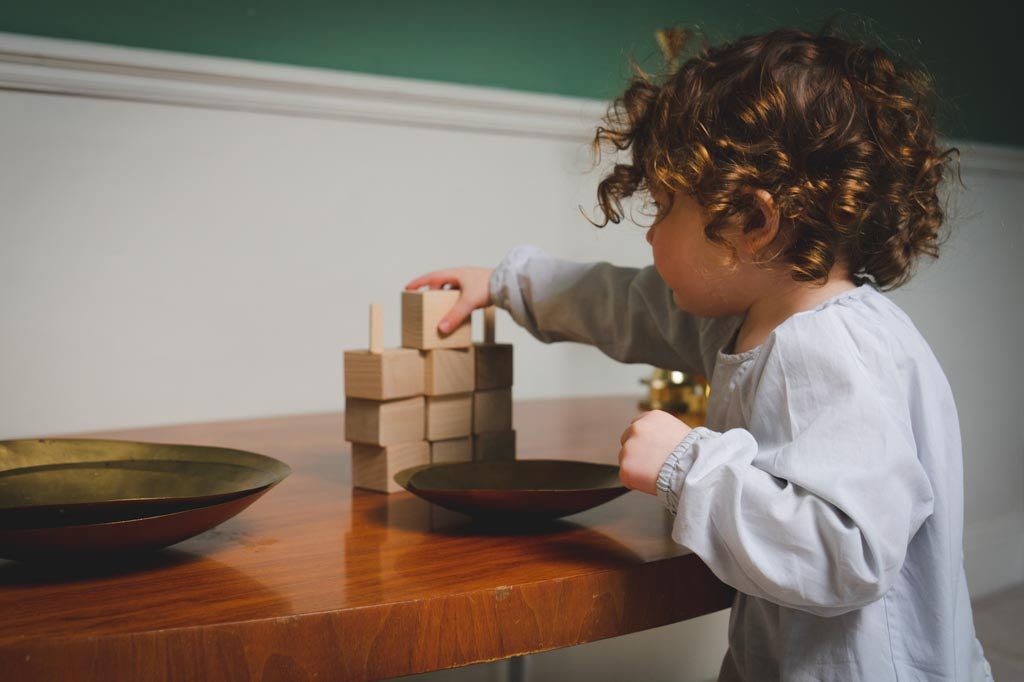
Four ways to build self-efficacy
“Ok, ok, I’m sold, I believe you, it’s important, but how do I get my child to have a positive self-efficacy?”.
Whilst it is important to understand that self-efficacy is complex and not something we can control as parents, we can have an influence.
These are just some of the ways we can begin to foster a strong self-efficacy in our children;
- Encourage your child to make mistakes: through trial and error play – taking risks and praising this process not just the end result.
- Improve the praise to criticism ratio: Praise is undoubtedly a huge contributor to confidence, whether that is general confidence or belief in our abilities. Many parenting experts recommend a ratio of 5 positive comments to each negative comment in our dealings with our children. Whilst I find this a little prescriptive, it does provide a little inspiration for how encouraging we can be. On the other hand, we can’t have our child believe they are good at everything and nor should we want to, as this can promote unrealistic and untrue beliefs – as with most things in life there is a balance to be struck.
- Be specific in your feedback and praise rather than more generalised: This will help you to be genuine in your encouragement, praising what exactly is ‘good’ about your child’s endeavours. There are often subtle traits and approaches to learning we can praise. For example, rather than commending a child’s “good work” “nice painting” or “great numeracy”, we could pinpoint exactly what has made those things impressive and how the child has approached the task: “Even though you found the start of writing the sentence hard, you kept going and started over again paying attention to the spelling, that’s really persistent!” “You were really playful in exploring so many colours, I love how you have put so many different shapes on the page”.
- Be mindful: Just exercising an awareness of how you are responding to your child as they play or engage in activities is a positive parenting step in general, but it can be especially powerful when it comes to self-efficacy. Be alert to offering unfounded praise or exaggerations of your childs’ ability. Even from a very young age kids can subconsciously pick up on inconsistencies between the spoken word and non verbal cues. They are mini human lie detectors…
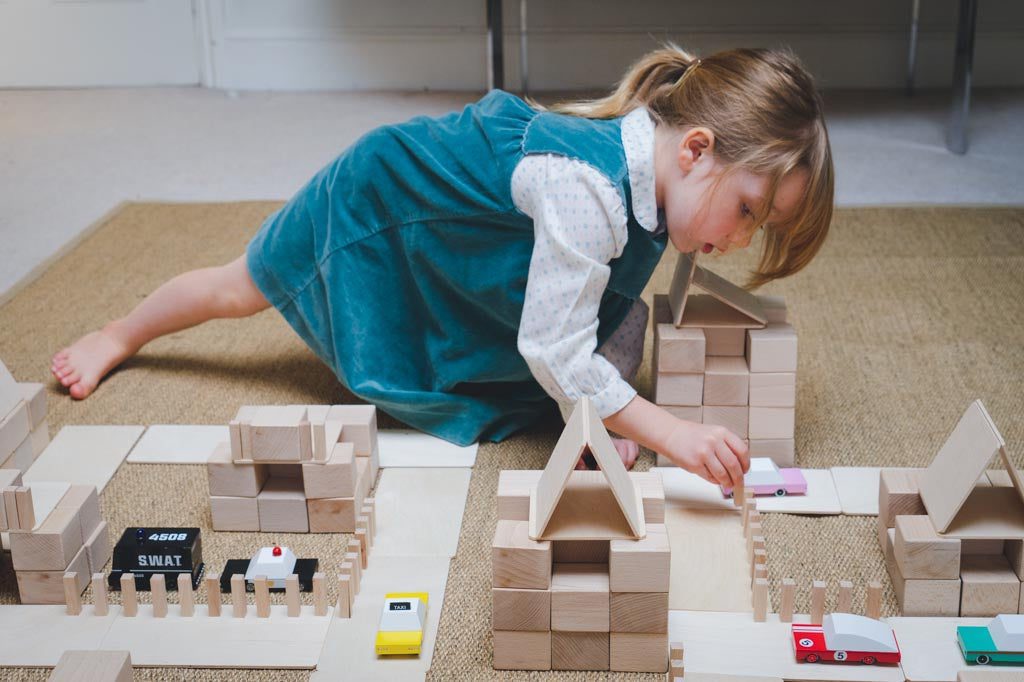
Be a self-efficacy role model
It may also pay to be aware of how you are modelling self-efficacy for your children.
If you encounter a stumbling block in your work or home life how do you respond?
Do you emanate confidence in your abilities to overcome difficulties, pick yourself up and try, try again?
I recently had a technological faux-pas at home. Rather than calmly search for a variety of different solutions to the glitch and use my initiative to calmly sail through this issue, I gave up, exclaimed I was “useless at technology” and asked my husband to fix it.
And all this was witnessed by our little girl.
Did I teach her that with the right attitude any problems can be overcome if you believe in your abilities?
Not on this occasion, but at least I have been able to spot the error of my ways…
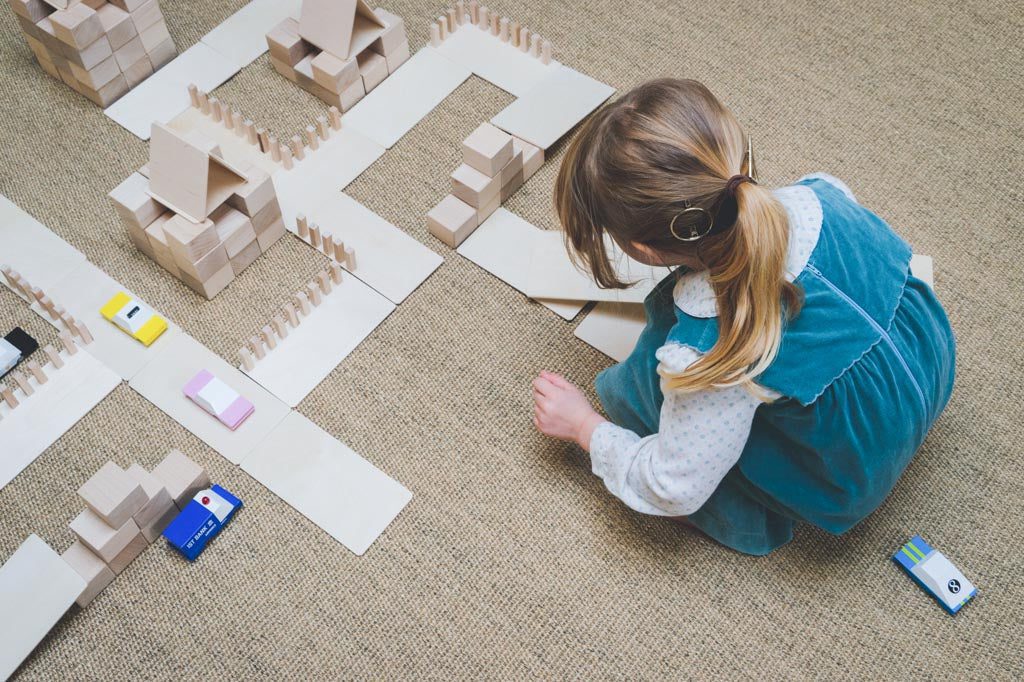
Final word
Building self-efficacy isn’t an exact science.
Sometimes it is hard to reach that middle ground between encouraging our children and over exaggerating their abilities and, sometimes we get the balance wrong, but simply the act of being aware of self-efficacy can help protect it.
By Dr. Helen Jones
References
Bandura, A. (1997). Self-efficacy: The exercise of control. New York, NY: Freeman.
Beghetto, R. A. (2006). Creative self-efficacy: Correlates in middle and secondary students. Creativity Research Journal, 18(4), 447-457 https://dx.doi.org/10.1207/s15326934crj1804_4

